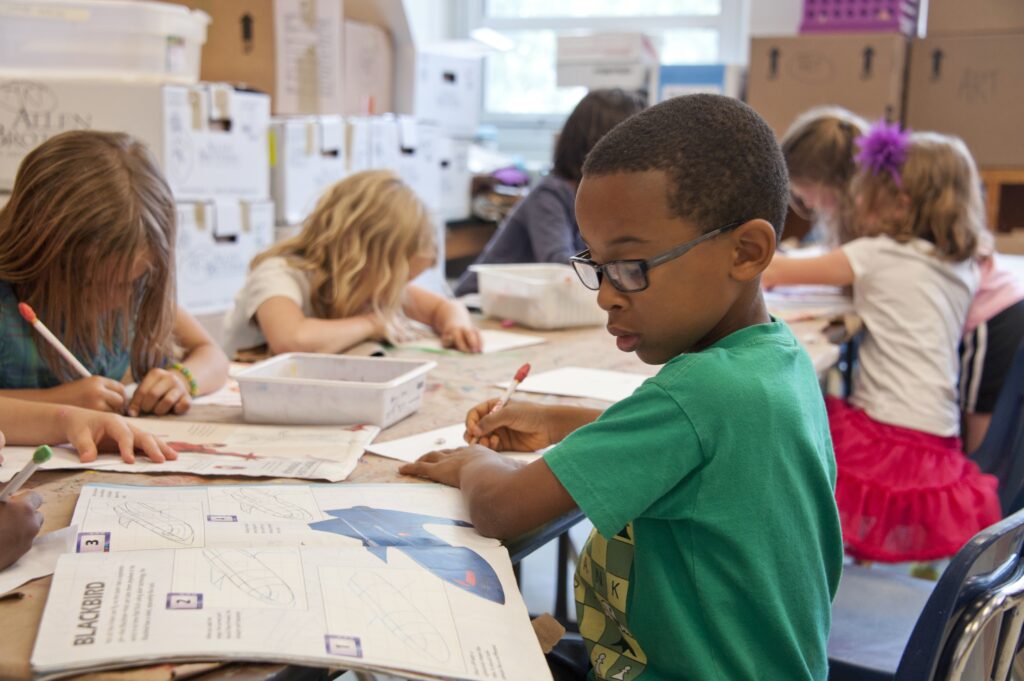What’s the rukus going on with the schools?
Are you wondering “why the government is giving K12 students money? Do you wonder why people are saying there are no books in the library? The news keeps mentioning something about genders, what’s that about? Should I be concerned, or should you even respond?”
Well here’s a general guide of what’s happening.
2023 brought a clash of political views when it comes to how to handle students. In Florida, several laws were passed to clarify or modify policies, a list of everything from the FL senate and the bills that are passed can be found here. I decided to focus on the ones that will have a direct impact on students in the classroom and give a brief descriptions of what is stated. Please read the complete bill and its description if you need more information or want clarification here. No matter the policies, some families will see some change and others will see none at all. Some will benefit students and to others, will be extreme challenging.
How should I respond?
No matter what bills are being implemented it is important to know that with changes someone is being helped and someone else feels hurt/isolated or misunderstood. I implore those who claim to live by faith, higher spiritual purpose or human rights to live peacefully with those who disagree with you, give them space if things are becoming contentious, and show others that you ultimately care for their well-being; you’ll be surprised to learn how people passionately disagree on one subject and be the best of friends when it comes to other things like food, music and even well-being of their own family.
Have an open conversation with those around you to check in and see how they are managing;
- Listen to understand, not attack.
- Talk to give perspective, clarity.
- Learn to agree to disagree.
- Be civil, courteous and polite
- turn passion into action and get involved with community programs (church, social services, school or even government)
No matter what you believe you can still live neighborly with one another, because we share more in common than you may think.
Alternative Schooling
HB 1 – Money for students who are private or home schooled
Under the new policy revision private school students and those who home schools will be eligible to receive up to $8,500 in assistance. Priority will be given to students whose family are in the poverty/ lower income category. There is a limit of 20,000 vouchers that will be given out to students who are home schooled and an undetermined amount for private school students. The details of how this bill will be implemented are still being discussed, look out for updated information.
Elementary School
HB 7039 — Student Outcomes
Improve student outcomes by providing specific strategies to support students who are struggling in reading literacy and mathematics from PreK – 5th
SB 290 — Public School Student Progression for Students with Disabilities
This bill allows progression of elementary aged students to the next grade if several action steps were taken to assist their educational deficiencies
Middle School & High School (MS/HS)
SB 196 — Guidance on Academic and Career Planning
More transparency and guidance to families with career and work based pathways starting from middle school.
SB 240 – Career and Technical Education (CTE) expansion
Bill expands the CTE programs by allowing institutions to provide students with high-quality certified career and technical education and other workforce education programs for both middle and high school.
HB 1537 — Education Credits
- Expanding the practical arts credit option for high school graduation to any CTE course.
- Allows Bright Futures students to combine volunteer and paid work hours to meet initial eligibility requirements
HB 379 — Social Media in Schools
Requires public schools to provide instruction for students in MS/HS on the social, emotional, and physical effects of social media. Also, prohibits and prevent students from accessing social media platforms through the use of Internet access provided by the school district, a ban of Tiktok on school devices, and use of wireless communication unless directed by the teacher.
HB 265 — High School Equivalency Diplomas
A student at least 16 years of age does not need to take a course for the GED test unless they failed the exam prior.
HB 733 — School Start Times
The bill requires district school boards to adopt MS/HS start times beginning with the 2026-2027 school year. By July 1, 2026, middle schools may not begin the instructional day prior to 8:00 a.m., and high schools may not begin prior to 8:30 a.m.
Military Families
HB 633 — Special Considerations
Allows that a student whose parent is active duty military personnel and who meets the eligibility criteria for special academic programs offered through public schools must be enrolled in such a program if the student’s parent is transferred to the state during the school year.
HB 1597 — Florida Virtual School for Military Families
Establishes a process by which Military family students can request flexibility in assessment administration to permit a student to participate in statewide, standardized assessments while out-of-state.
School Culture
HB 633 — K-12 Education Class Size
Removes the class size reduction penalty calculation fee for schools exceeding the class size maximums.
SB 190 / HB 225 – School Collaboration for Extracurricular Activities
Students who are either public, state online students through Florida Virtual School (FLVS) or charter will be allowed to participate in private schools extracurricular activities if that specific program is not offered at the student’s home school.
HB 389 — Menstrual Hygiene Products in Public Schools
Provides that school districts may make menstrual hygiene products available in each school within the district, at no charge.
HB 1537 — Education (Culture focused)
- Requiring instruction on Asian American and Pacific Islander (AAPI) history with specified topics.
- Proclaim September 11 as “9/11 Heroes Day,” on this day, public schools are required to receive at least 45 minutes of instruction on associated topics.
HB 1069 — Education (Gender focused)
- Age-appropriate and developmentally instruction for all students in PreK – 12th grade, specifically by using specific terminology and instruction relative to health and reproductive education.
- Prohibits classroom instruction on sexual orientation or gender identity from PreK – 8th grade.
- Prohibits district school boards from imposing or enforcing requirements that personnel or students be referenced with pronouns that do not correspond with biological sex.
- Transparency and review of library and classroom materials available to students in public schools and the process for parents to limit student access to materials and make objections to materials.
Summary
Change is uncomfortable and people are allowed to be emotional and passionate. Some of the bills will support families with their child’s education while others feels overlooked. Talk with your child with the changes they see and give them guidance how to navigate life’s ever promises of change. Connect with the school and other families to develop community so no one feels isolated or alone. It’s easy to fall into the emotions of others but it’s important for you to be aware with what is going on and how it will impact you either directly or indirectly.
Stay connected through email list or socials FB: @LearningVillageNet and Instagram: @LearningVillageNet

